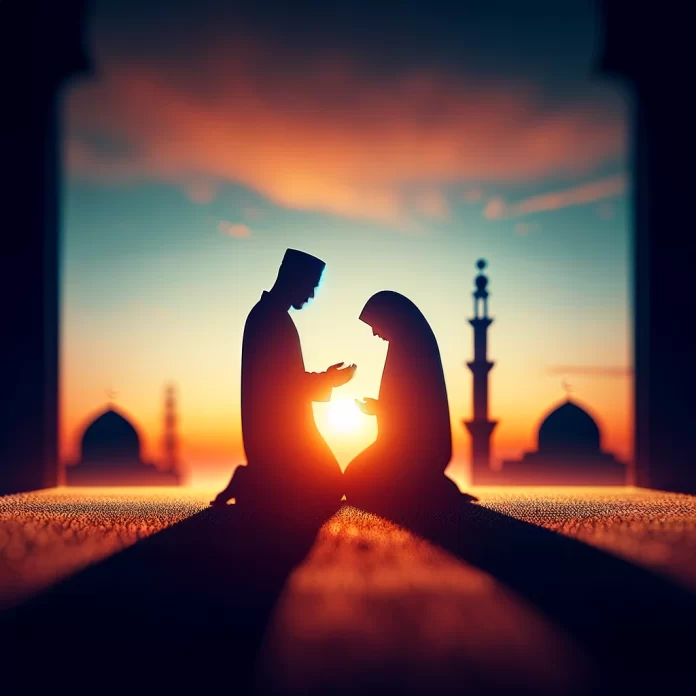Ramadan, the holiest month in Islam, holds profound significance for Muslims worldwide. It is a time of spiritual reflection, self-discipline, and devotion. This sacred month is marked by fasting from dawn until sunset, along with increased prayer, charity, and community gatherings.
The Origin of Ramadan
The inception of Ramadan can be traced back to the second year of the Islamic lunar calendar, known as Hijri. It was during this time that the Prophet Muhammad, peace be upon him, received the first revelations of the Quran from Allah through the Angel Gabriel. These revelations occurred in the cave of Hira, near Mecca, and marked the beginning of Islam.
The Revelation of the Quran
The Quran, the holy book of Islam, was revealed to Prophet Muhammad over a period of approximately 23 years. The initial revelation during Ramadan signifies the beginning of this divine communication between Allah and His messenger. The night of this first revelation is known as Laylat al-Qadr, or the Night of Power, which is believed to occur during the last ten days of Ramadan and is considered the most auspicious night of the year.
Historical Context of Ramadan
Ramadan’s establishment as a month of fasting came later in Islamic history, during the time of the Prophet Muhammad’s migration from Mecca to Medina. The practice of fasting during Ramadan was formally prescribed in the second year after the migration, as mentioned in the Quran:
“O you who have believed, decreed upon you is fasting as it was decreed upon those before you that you may become righteous.” (Quran 2:183)
Significance of Ramadan’s Commencement
The precise date of Ramadan’s commencement each year is determined by the sighting of the new moon, following the lunar calendar. This method aligns with the traditional Islamic practice of moon sighting, emphasizing the importance of physical observation rather than astronomical calculations.
Lunar Calendar and Ramadan
The Islamic lunar calendar consists of 12 months based on the cycles of the moon, making it approximately 11 days shorter than the Gregorian solar calendar. Consequently, Ramadan shifts earlier each year, rotating through all seasons over a 33-year cycle.
Ramadan Traditions and Customs
Throughout history, Ramadan has been celebrated with various traditions and customs, influenced by diverse cultures and regions. These include pre-dawn meals (Suhoor), breaking the fast at sunset (Iftar), increased recitation of the Quran, nightly prayers (Taraweeh), acts of charity (Zakat), and communal gatherings for meals and prayers.
Conclusion
In conclusion, Ramadan holds a central place in the history of Islam, marking the beginning of divine revelation and serving as a time of spiritual renewal and growth for Muslims worldwide. Its origins can be traced back to the earliest days of Islam, with its observance continuing to evolve over time. Understanding the historical context and significance of Ramadan enhances our appreciation for this sacred month and its enduring impact on Islamic faith and practice.


